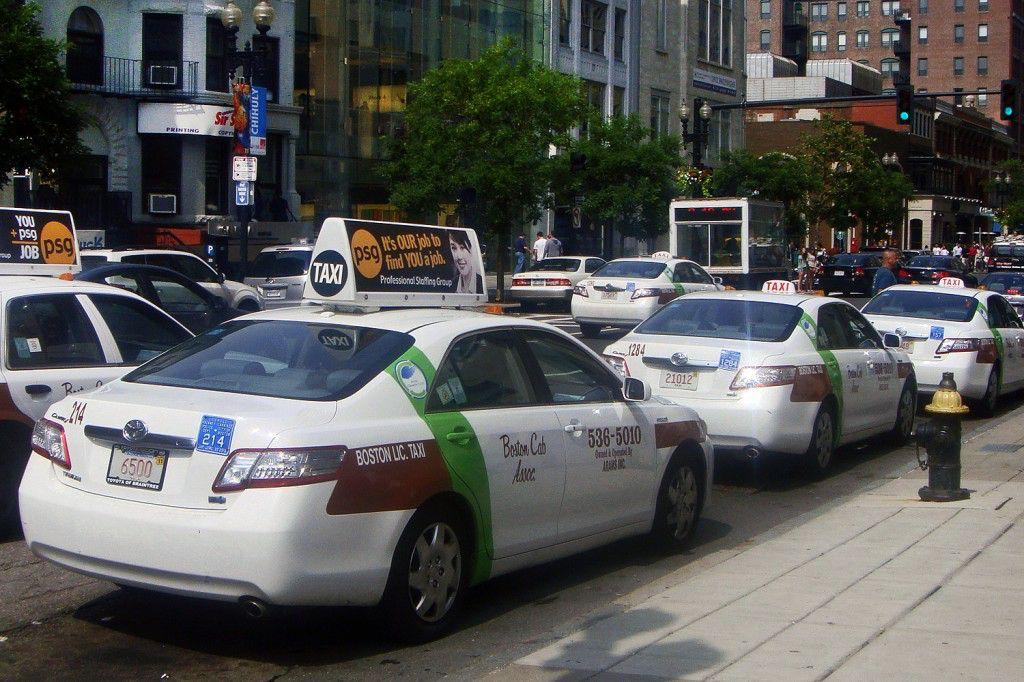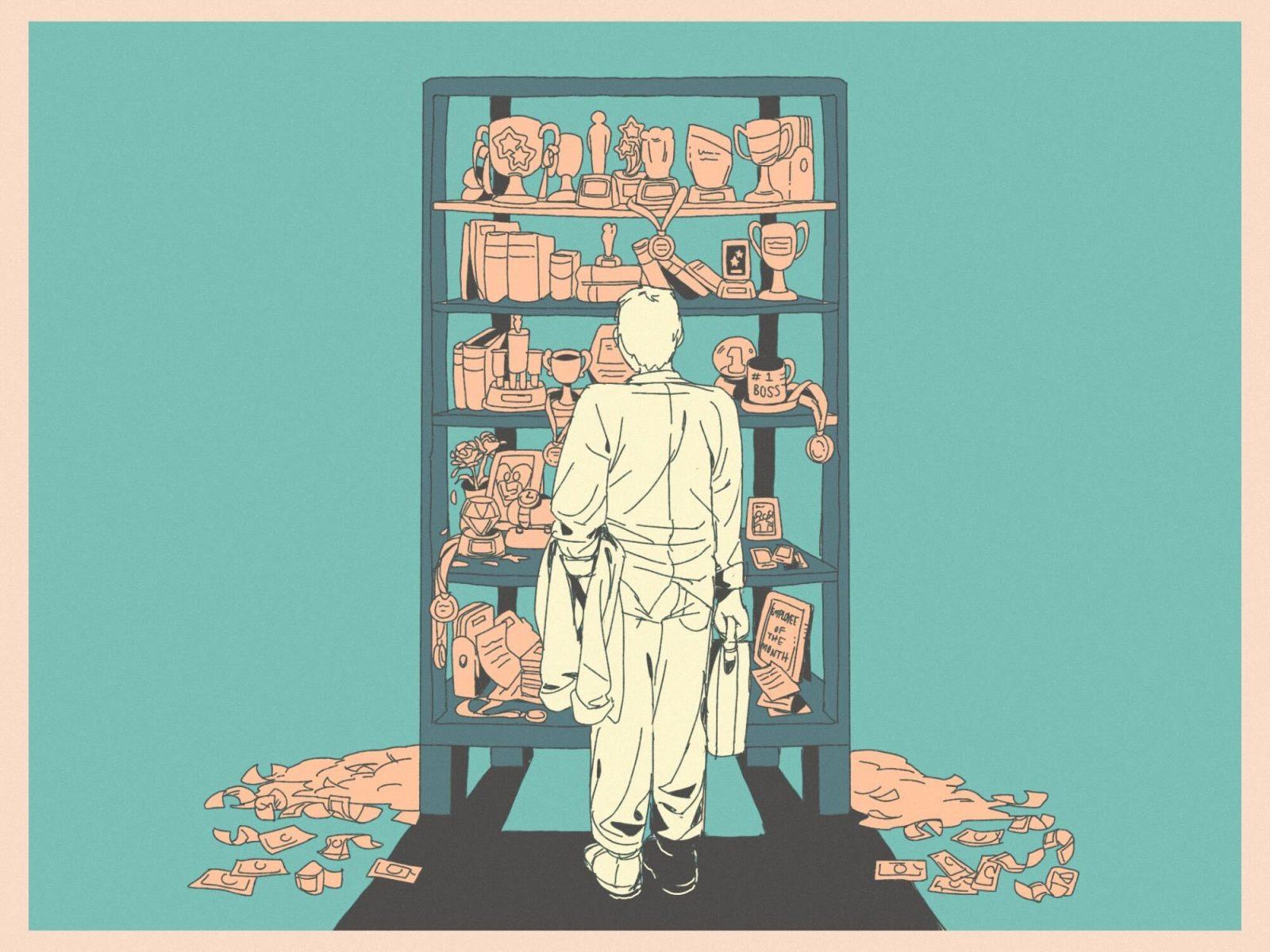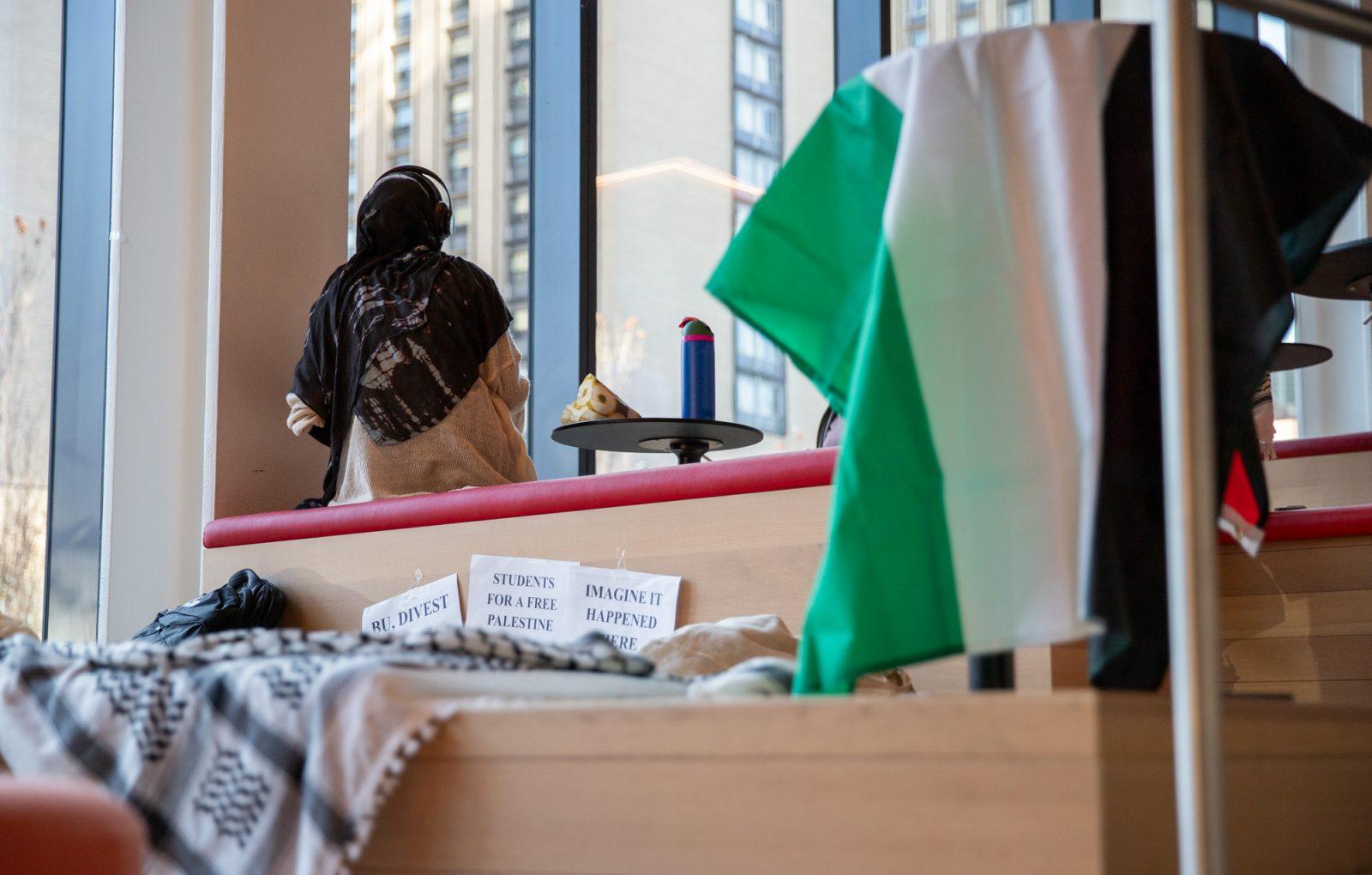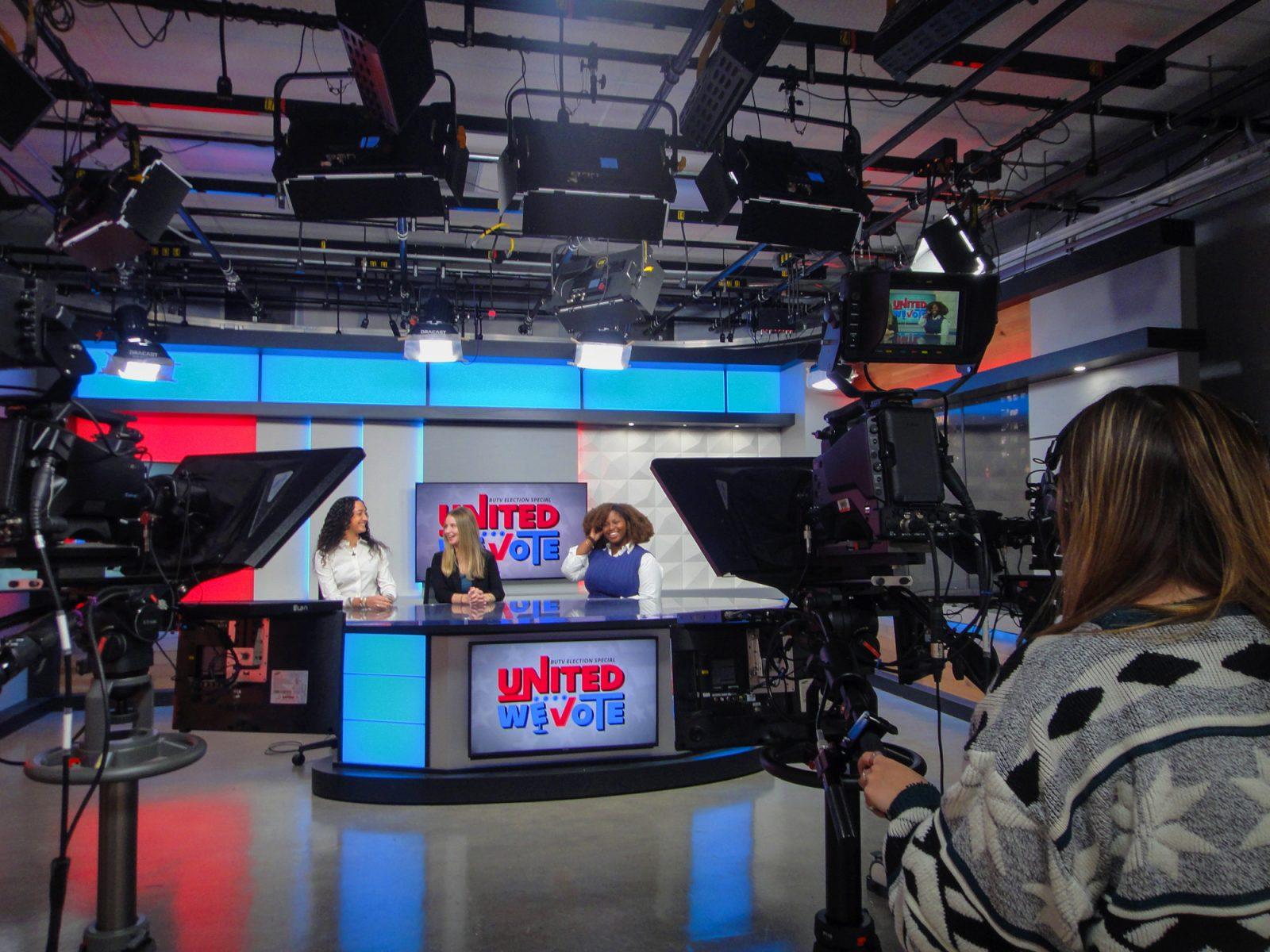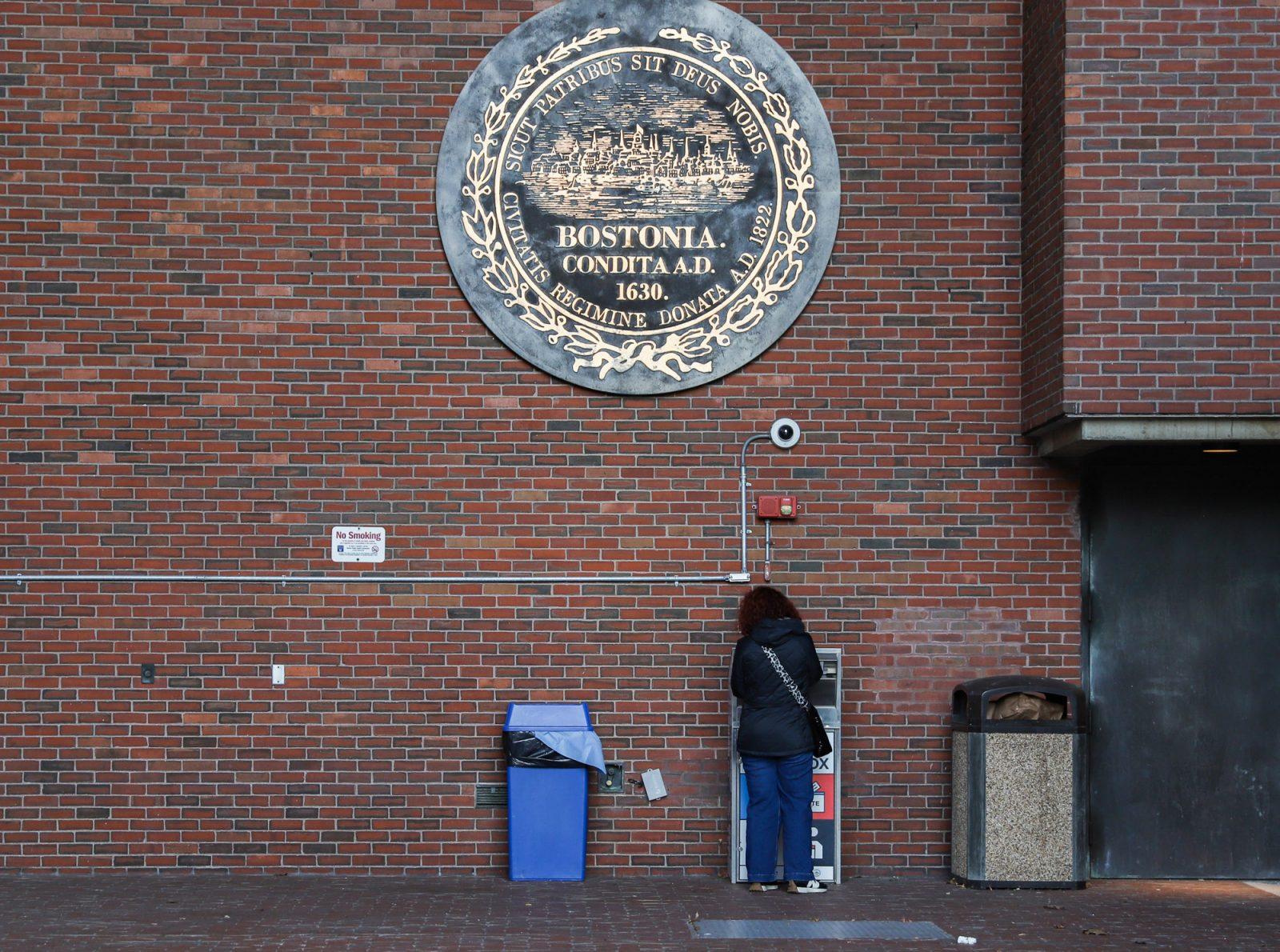It’s 2 a.m. and you’re on the corner of Gardner Street and God-Knows-What. The street is virtually empty — save for the creepy guy lounging on a stoop — and flagging down a cab could be difficult. A few years ago, this could have been a dire situation, but with apps like Uber and Lyft downloaded on everybody’s phones, getting home is merely a few clicks away.
Consumers may love these apps, but the mainstream taxi industry is taking a stand against them. On Tuesday, GoLocalWorcester reported the formation of the Massachusetts Regional Taxi Advisory Group, a coalition made up of taxi owners and operators around the Commonwealth looking to push the same restrictions mainstream taxis face onto the app-operated alternatives.
“Our ultimate goal with this coalition is to create a statewide law that makes Uber and Uber-like companies illegal in Massachusetts,” spokeswoman Maggie Donovan told GoLocalWorcester. “We are working to create a coordinated campaign where we go to the statewide level to get this outlawed, rather than taking a city-by-city approach because it is the most effective way to solve this problem. This is something that everyone in the taxi industry needs to stand up and fight against.”
The group is relatively small right now, with about 50 members, but it already has ideas on how to restrict the app-operated transportation industry, namely UberX. Some of their plans include mandating insurance and enforcing stricter background checks on drivers, the Boston Business Journal reported Wednesday.
“This is just another example of taxi medallion owners trying to limit competition and prevent consumers from having a safer, more reliable way to get around town,” an Uber spokesman told the Boston Business Journal. “With a $1,000,000 insurance policy that’s 25 times what is required of local taxis, stringent background checks that 10 percent of Boston taxi drivers who take it fail, and transparency and accountability built right in the app, Uber has set a new standard for safety and quality.”
Being a mainstream taxi driver in Boston is no easy feat. Official “Boston Licensed Taxis,” which according to the Boston Police Department are the only trustworthy ones, must be “Hackney Carriages,” or vehicles approved the BPD’s Hackney Carriage Unit, and undergo inspection by BPD on a regular basis. In order to gain the job of driver, one must pass a variety of motor vehicle tests, background checks and licensing requirements, according to BPD’s Hackney Carriage Driver Standards.
In contrast, becoming an UberX driver is relatively easy. Their website states that all one needs is a valid drivers license, personal car insurance, a clean record and a 4-door car from 2004 or later. “No special drivers license or previous experience required.” The application process is easily accessible online and signing up is free.
Let’s face it; Uber is often a lot more convenient than a taxicab. Because users already have their payment methods programmed into the app, being short of cash isn’t any issue. Users don’t have to physically search for Ubers, but can call them from their phones and be met with a response within seconds. And this may be a sweeping generalization, but Uber drivers are often a lot friendlier than the people you find operating a taxi. They are often pleasantly chatty, while cab drivers seem like they either want to get rid of whomever they’re driving or worse, take the long route to rack up the tab.
True, there are still some issues with Uber, namely with the release of the UberDriver app in September. The app is the prime method through which Uber drivers operate their vehicles. Virtually anybody could use it to pose as a driver, leading to a variety of potential disasters. And on a Reddit Q&A operated by an alleged Uber driver, he admitted that Uber hires “pretty much” everyone. These glitches are not entirely reassuring, but not unique to the company.
The Boston taxi industry can point fingers, but it has a lot of its own issues to sort out. A March 2013 Boston Globe Spotlight Series exposed the behind-the-scenes world of cab drivers, which in short, is not a good world to be in. Taxi drivers are often forced to pay for gas at the company’s overpriced pumps, bribe dispatchers in order to be given keys on a busy night and drive for hours in order to render a profit in the black. Often, tips are their saving grace, and people are often pretty stingy about handing out those.
The Massachusetts Regional Taxi Advisory Group can try all they want to ban Uber and others like it, but their efforts will likely be in vain. Too many people — including Boston Mayor Martin Walsh — have expressed support for these businesses, which have essentially revolutionized the taxi industry. Rivalry within an industry is beneficial to the consumers, who in the end, matter the most. Maybe taxis should work harder to stay competitive than try to squash the competition altogether.

















































































































